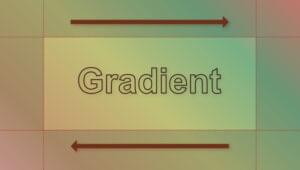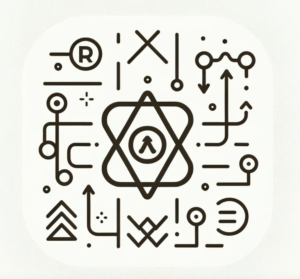-
JavaScript guru Joe Hewitt is not impressed with the iPhone as a rich application development platform. Lack of mousedown and mousemove events, for example, prevent developers from taking advantage of the iPhone’s multi touch display.
-
Firebug creator Joe Hewitt sensed the need for a Firebug-caliber diagnostic tool for the iPhone. He has built an experimental Python-based server that you can run on your desktop computer to provide a remote JavaScript console for an app on the iPhone.
-
A proof of concept ends up producing quite a polished result: a desktop-like to-do list application that will run either in the browser (with Google Gears offline storage) or on the desktop (with Adobe’s AIR).
-
A cute online tool that will rotate plain Unicode text 180° (upside down). The result is not exactly accessible, but it is impressive.
-
jQuery keeps getting better with a massive speed boost. A smattering of new features, a revamped animation system, and a rewritten events subsystem round out this update. Also in this announcement: jQuery UI, a new drag & drop library for jQuery.
-
HTML Purifier is an impressive PHP library for filtering HTML user input against XSS attacks and to ensure standards compliant output.
-
A look inside four web application startups at different stages in their lifecycle. Compares them in terms of lines of code, daily support requests, conversion rates, average revenue per customer, and best/worth month of the year.
-
The first production release of the official PHP framework is now available! If you’re in the initial stages of a PHP project, you could do a lot worse than adopting this framework for the foundations.
-
IBM has launched Project Zero, a closed-source framework and Eclipse-based IDE for agile web applications in PHP and Groovy with an emphasis on REST architecture. The documentation is very beginner-unfriendly, but maybe a project to watch.
-
An informative—if not particularly encouraging—post from the W3C CSS Working Group that attempts to answer many of the criticisms levelled at the group recently.
-
The Free Software Foundation has released the final text of both the GNU General Public License v3 and the GNU Lesser GPL v3. The main differences are in allowing users to modify software for private use, and freeing developers from software patents.
-
The W3C’s Internationalization Activity Lead Richard Ishida has created an aggregator for blog posts related to Internationalization.
-
As if the story surrounding the London 2012 Olympics logo and branding weren’t twisted enough, we now have reports of members of the public suffering epileptic seizures after viewing a promotional film posted on the Games’ web site.
-
From Jeremy Keith, a fascinating look at how multiple microformats may be combined in overlapping code to enable a single piece of HTML content to express more than one semantic data structure.
-
It appears Microsoft has updated IE6 to largely (if not completely) correct widely-known JavaScript memory leak issues with the browser. The fix is for Windows XP only, however, where the forced IE7 may render this fix moot.
-
Courtesty of Adobe and O’Reilly comes this free PDF version of the upcoming pocket guide for JavaScript developers looking to get up to speed on the Adobe Integrated Runtime (AIR).
-
WYMeditor, the web-based What You See Is What You Mean XHTML editor now has improved XHTML code cleanup abilities thanks to a built-in XHTML parser. Also now includes a CSS parser used for configuring available styles.
Got a link you’d like to recommend for the SitePoint News Wire? Great! Save the link on del.icio.us, and tag it for:sitepointlinks. Please include a description—it will increase the chances that we’ll select your link for the News Wire!
 Kevin Yank
Kevin YankKevin Yank is an accomplished web developer, speaker, trainer and author of Build Your Own Database Driven Website Using PHP & MySQL and Co-Author of Simply JavaScript and Everything You Know About CSS is Wrong! Kevin loves to share his wealth of knowledge and it didn't stop at books, he's also the course instructor to 3 online courses in web development. Currently Kevin is the Director of Front End Engineering at Culture Amp.
Share this article



































































































